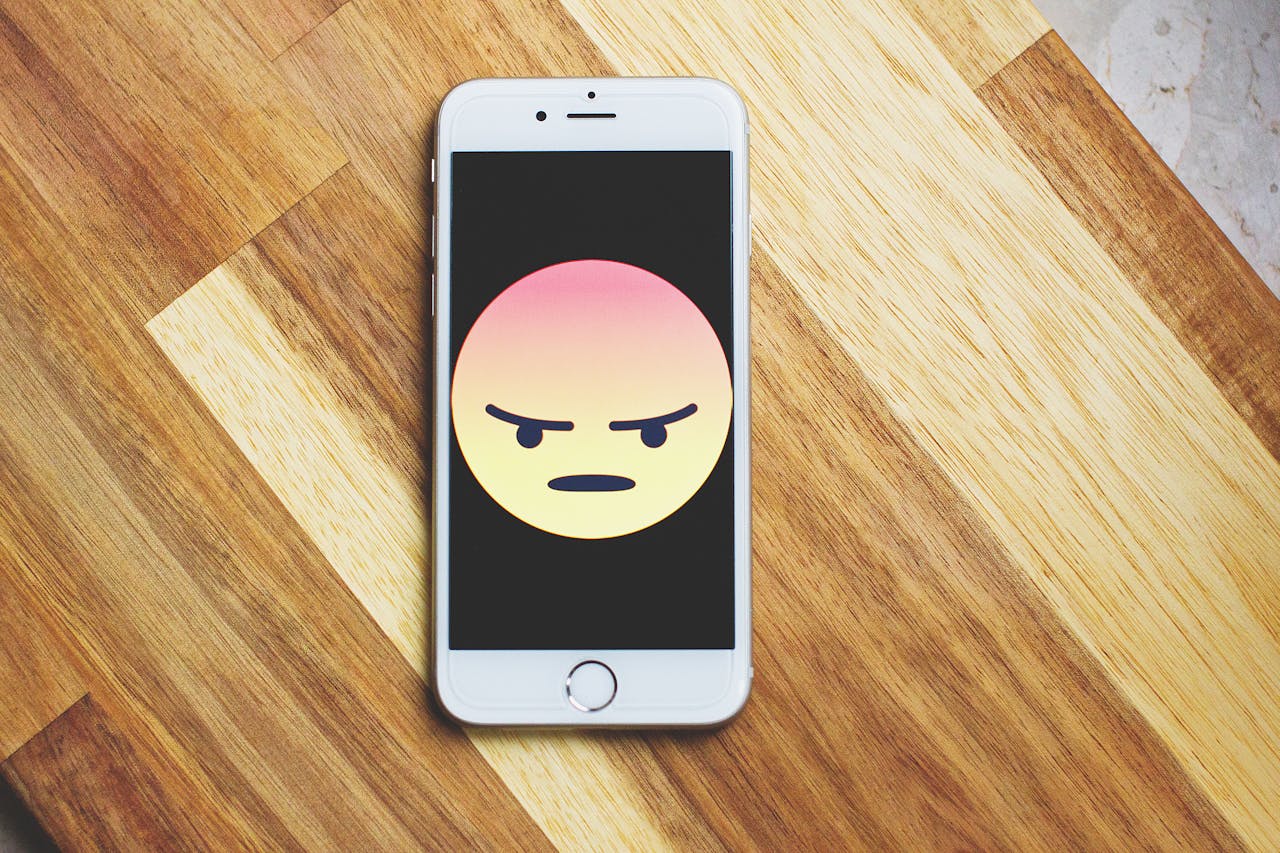Everybody overthinks sometimes, but for some people it can happen with such frequency or intensity that it can get in the way of them living their life fully. Overthinking can cause us to spend as a lot of time in our own heads rather than being actively involved in life in the physical world. For some people overthinking can become so intense that it can affect their sleeping patterns or increase their levels of anxiety, especially when the thinking is focussed on trying to anticipate ‘what could go wrong’.
Overthinking is often related to stress and anxiety.
Anxiety is an emotion that is mobilised when the fight, flight or freeze response is activated in our nervous system in response to a perceived threat. In this sense, anxiety is a very helpful emotion, because it prepares us for ‘the worst-case scenario’.
But how many worst-case scenarios are there? The answer is: as many as we can imagine. In fact, the worst-case scenario might differ from person to person. Each one of us has their own version of the worst thing that could happen in any given situation. And the more we worry and overthink, the more we risk getting caught in our own heads. At the same time, because we are constantly reviewing negative scenarios in our minds, our level of fear increases exponentially causing it to fuel more of the same unhelpful thinking patterns.
Sometimes we might decide that the best way to deal with anxiety is to avoid what is making us worried, however in doing so, our level of fear might in fact increase. For instance, if we are overthinking and stressing about having to do a certain medical test, we might decide that the easiest solution is avoiding the doctor. However, in doing so, we might start to worry that that something is indeed wrong with us, which could turn into more overthinking.
But what are the threats we experience in the modern world?
The autonomic nervous system is designed for us to pay attention to what could potentially hurt us, back in the days of cave people it would have been a bear, or a lion, or a tiger. What we fear these days is failing a job interview, not passing a test in school, being judged or criticised by others, or more in general, ‘not being good enough’.
While anxiety is a normal human experience, overthinking might get in the way of our daily functioning and affect our relationships with others.
Counselling can assist by helping you identifying the ways in which overthinking is affecting your life and what unhelpful thinking patterns are sustaining it. By identifying ways to calm the nervous system down, we can be in a calmer place from which to assess the current situation and decide the best course of action.
Limiting the time we dedicate to overthinking can be helpful too.
We can then decide to allocate a time to worry and then make an effort to engage in other activities outside of that time. Grounding and breathing exercises are also very helpful in bringing us out of our heads and back into the present moment.
If overthinking and anxiety is triggered by past life experiences, it makes sense to conceive that our fight, flight, freeze response might be in ‘overdrive’ as we try to anticipate the next threat. Anxiety forces us to continuously scan the environment and ‘watch our back’ as we fear that the past events are going to happen again in the present. This might happen in the case of trauma and in such instances, strategies might include increasing our internal and external resources to rebuild a sense of safety from which to explore and address present and past issues.







